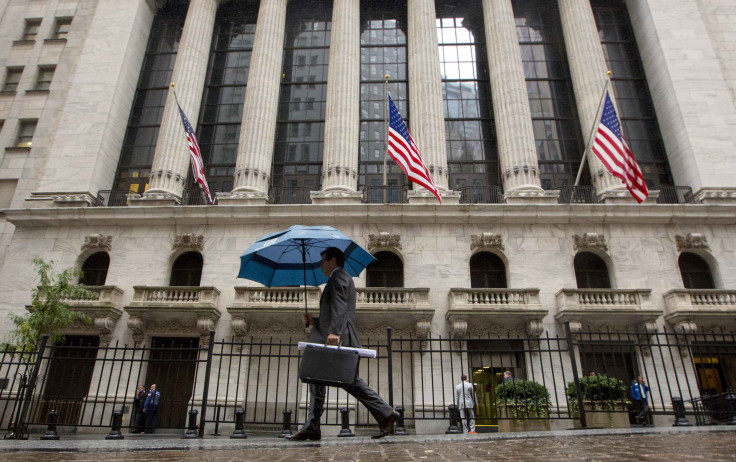Federal Reserve Officials Tell Banks They're Not Too Big To Be Broken Up

In the era of too-big-to-fail, large banks have racked up more than $100 billion in fines for financial crisis-related activities like selling bad mortgages to investors, and the laundry list of allegations still is growing. That includes acitivities such as manipulating the key Libor interest rate, violating U.S. sanctions and rogue trading.
Keep it up, Federal Reserve officials warn, and banks could get broken up, according to a Wall Street Journal account of a closed-door lunch among regulators, bank executives and law enforecement officials.
If "bad behavior" persists at large financial institutions, "the inevitable conclusion will be reached that your firms are too big and complex to manage effectively," Federal Reserve Bank of New York president William Dudley told the crowd assembled in New York, according to his prepared remarks. "In that case, financial stability concerns would dictate that your firms need to be dramatically downsized and simplified so they can be managed effectively."
Dudley, accompanied by Federal Reserve Gov. Daniel Tarullo, also suggested the creation of a central registry to track "the hiring and firing of traders" industrywide. That way banks could review a job candidate's "ethics and compliance score," he said -- the same way lenders who are "considering making a loan to a borrower can look up the borrower's credit score."
Another idea for improving company culture: tying legal fines directly to senior management's pay through a "performance bond," which acts like a kind of security deposit. "[I]n the case of a large fine, the senior management and material risk-takers would forfeit their performance bond," Dudley said. "This would increase the financial incentive of those individuals who are best placed to identify bad activities at an early stage, or prevent them from occurring in the first place."
In the meantime, for bankers still wondering if they're meeting regulators' expectations for good behavior, Fed officials offered a simple litmus test.
"How will a firm know if it is making real progress?" Dudley asked. "Not having to plead guilty to felony charges or being assessed large fines is a good start."
© Copyright IBTimes 2024. All rights reserved.





















